Fire Safety Training
Featured Fire Safety Training Listings
Browse Fire Safety TrainingCompanies
Fire Safety Training Ireland
Fire safety training in Ireland has undergone significant transformations in recent years, driven by evolving legal requirements and a growing emphasis on proactive prevention strategies. Safety professionals across Ireland are now tasked with navigating a complex landscape of regulations, including the Safety, Health and Welfare at Work Act 2005 and the Fire Services Acts 1981 and 2003. These legislative frameworks have ushered in a new era of accountability, mandating comprehensive fire safety training programs that go beyond mere compliance. Recent developments have seen a shift towards risk-based approaches, encouraging organisations to tailor their training initiatives to specific workplace hazards. This paradigm shift has sparked a renewed focus on prevention-first methodologies, empowering safety professionals to cultivate a culture of vigilance and preparedness.
In practice, fire safety training in Ireland has become increasingly sector-specific, recognising the unique challenges faced by different industries. In the healthcare sector, for instance, training programs now emphasise patient evacuation procedures and the safe use of medical equipment during fire emergencies. The hospitality industry has embraced interactive simulation exercises, allowing staff to practice evacuation protocols in realistic scenarios. Construction sites across Ireland are implementing advanced fire detection systems and conducting regular toolbox talks on fire prevention. Meanwhile, the manufacturing sector is leading the charge with cutting-edge fire suppression technologies and rigorous hot work permit systems. These industry-specific approaches underscore the commitment to safeguarding lives and property across Ireland’s diverse economic landscape.
Latest Fire Safety TrainingListings
- Construction
- +1 Air Tightness
- Construction
- +1 Air Tightness
- Construction
- +1 Air Tightness
- Construction
- +1 Air Tightness
